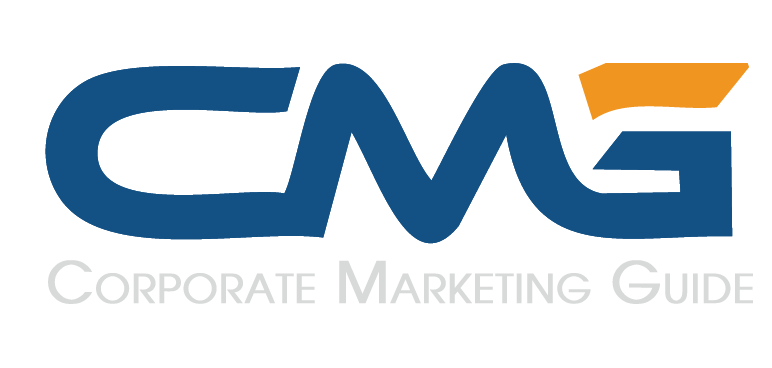If you’re eyeing a high-stakes sales role in a city like New York, where ambition is currency and confidence is non-negotiable, you can’t afford to stumble at the first step: your personal marketing strategy.
Because yes, job hunting is marketing. And if your resume, online presence, or pitch aren’t converting, you’re not selling. Worse, you’re being silently rejected before you ever step into a room.
Most candidates make the same predictable mistakes, and hiring managers see them coming from a mile away. Let’s fix that.
You’re Still Treating Your Resume Like a Timeline, Not a Sales Pitch
Listing jobs like a diary entry won’t cut it if you want to create a great resume. You’re not just recapping, you’re persuading.
Instead of saying:
“Mazaged client accounts and followed up on leads.”
Say:
“Closed $1.2M in new business in under 12 months by building trust with enterprise clients and shortening the sales cycle by 25%.”
New York hiring managers want proof of performance, not job descriptions. Quantify your wins. Show outcomes. Frame yourself like a product they need.
Your LinkedIn Headline Sounds Like Everyone Else’s
“Sales Professional Seeking New Opportunities” is a billboard to nowhere.
You have 220 characters to hook a recruiter, make it count. Try something like:
“SaaS Closer | $3M+ in ARR | Building Pipelines That Don’t Leak”
That’s punchy. That’s memorable. That gets callbacks.
And don’t just leave your profile half-baked. Add keywords, upload a professional headshot, and feature testimonials from past clients or managers. In NYC’s fast-paced job market, your LinkedIn is your first impression.
You’re Ignoring the One Skill Recruiters Are Actually Testing
No one hires a sales rep who can’t sell themselves.
If your cover letter reads like a beige wall, “I am writing to express my interest…” – you’re possibly already out. Think like a copywriter. Hook fast. Show personality. And always, always answer the silent question: “Why you?”
Better opening:
“I know how to close deals even when the answer starts as ‘no.’ That’s why I hit 130% of quota last year, and it’s why I’m ready to do the same for your team.”
Want to stand out in competitive markets like New York? Show you understand persuasion starts from the first sentence.
You’re Not Owning the Interview Like a Sales Call
You’ve booked the meeting. Now close it.
Too many candidates fall into “please hire me” mode. But interviews are a two-way conversation. Ask sharp questions. Handle objections. Show you’ve researched the company’s market challenges, and explain how your skills solve them.
Treat every interview like a client pitch:
- What’s the prospect’s pain?
- What’s your solution?
- Why are you the best fit?
That’s how a salesperson gets hired, not by playing it safe.
You’re Not Working With Recruiters Who Get the Market
Especially in a city as competitive as NYC, the right recruiter isn’t just passing along your resume, they’re positioning you.
If your applications feel like they’re vanishing into a black hole, you may need stronger connections in your corner. The truth is, sales career opportunities in NYC move fast, and often through networks you won’t find on job boards. Reach out to recruiters who specialize in your niche (e.g., SaaS, enterprise, B2B). They know what hiring managers actually want, and what they ignore.
You’re Not Highlighting the Right Soft Skills (Yes, Really)
In the rush to hit numbers, candidates often downplay traits like emotional intelligence, adaptability, or active listening. Huge mistake.
Sales is evolving. It’s not just about scripts and quotas anymore, it’s about relationships, intuition, and reading people.
Especially in complex, competitive metros like New York, these soft skills are what separate top performers from the rest. If you’ve led teams, coached junior reps, or turned around difficult clients, say so. These aren’t extras, they’re core assets.
Remember: You’re Not Selling a Resume, You’re Selling You
Every time you apply for a sales job, you’re pitching the most valuable product you’ll ever sell: yourself.
So polish the pitch. Cut the fluff. Lead with the win. Because if you can’t market yourself in the job search, why should anyone believe you can do it for their company?



